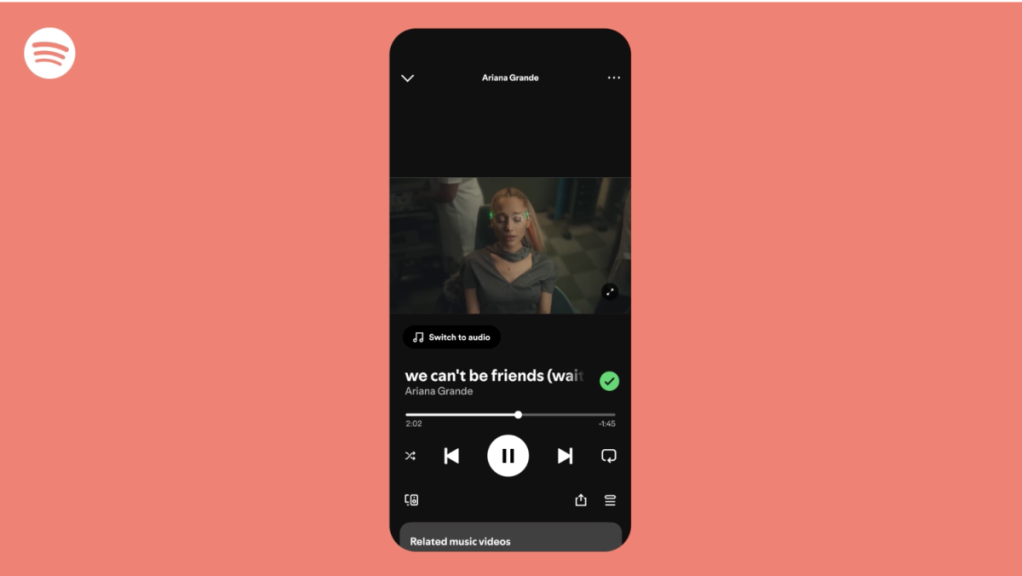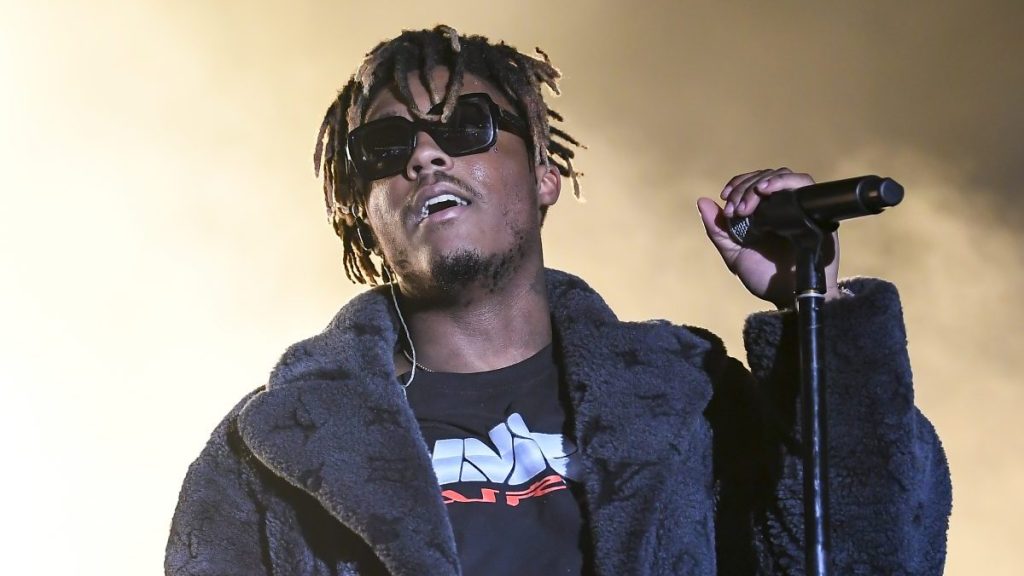From coast to coast, water walks and pipeline tensions have heated up an already sticky summer election season in Canada.
With rampant boil water advisories, missing and murdered indigenous women, and the Truth and Reconciliation Commission grabbing headlines this year, Aboriginal issues are top of mind for voters and parties alike on the campaign trail.
Videos by VICE
Grassroots organizers are hoping those issues will motivate indigenous electors to get out and vote like never before — and they’ve ramped up their calls to make it happen.
Some efforts, including Indigenous Rock the Vote Facebook groups, are non-partisan, while others, like a tweet put out by the recently-crowned (and Enoch Cree) Mrs. Universe Ashley Callingbull that encouraged First Nations electors to kick Prime Minister Stephen Harper out of office, have been more targeted.
Meanwhile, Elections Canada, the federal agency charged with overseeing the voting process, has earmarked $1 million to help Aboriginal people navigate new ID rules, and the Assembly of First Nations has targeted 51 ridings — out of a total of 338 — with AFN National Chief Perry Bellegarde saying indigenous voters could make the difference between a minority and majority government.
But the demographic has been historically absent in federal elections, and with Aboriginal electors having understandably conflicted ideas about participating in Canadian politics, the question remains: will mobilization efforts actually work?
Already, though, the rallying calls seem to have made an impact on the three main contenders for prime minister, who are falling over each other to pander to the demographic.
The Liberals recently promised to invest $2.6 billion in First Nations education, and promised to implement all 94 recommendations from a commission that probed the historic, and since abandoned practice, of forcibly removing Aboriginal children from their homes and sending them to so-called “residential schools.” This year the Truth and Reconciliation Commission recognized the government policy as “cultural genocide.”
The NDP has said they will create a cabinet-level committee to respect treaty rights, and both the NDP and the Liberals have vowed to call a national inquiry into the 1,200 indigenous women who have gone missing or been murdered across the country since 1980.
The Conservatives are mostly playing to their base, but they have committed hundreds of millions toward First Nations economic development, education and on-reserve school infrastructure, but have remained non-committalon the Truth and Reconciliation recommendations.
Chief Bellegarde, who has repeatedly called on First Nations electors to flood the polls — although he has never voted himself — has been watching the three main parties closely. At a press conference on Wednesday, he said his concerns boil down to quality of life for Aboriginal people.
Canada ranks between 6th and 8th on the UN’s human development index while First Nations within the country fall between 63rd and 78th on the same scale. High unemployment rates, high suicide rates and rampant boil water advisories are just a few of the urgent issues indigenous people face across Canada. Bellegarde called the gap “enormous and unacceptable,” and said it would take billions of dollars in investment to close it.
Bellegarde admitted Wednesday the AFN may have “slightly” inflated the amount of influence the indigenous vote could have in those 51 ridings, but he was resolute in his rallying cry.
“Get involved, exercise your own personal sovereignty. The individual right to vote, we’ve got it since ’61. It’s another arrow in our quiver. It’s another tool that we can utilize to bring about change,” he said.
The AFN represents about 900,000 First Nations people. About 1.4 million people identify as Aboriginal in Canada, or 4.3 percent of the total population. Actual numbers of registered Aboriginal voters are harder to determine because Elections Canada does not track voters by background. Numbers are determined by ballots cast on-reserve, which gives a limited picture of participation.
When Canada was founded in 1867, Status Indians were allowed to vote under the Indian Act, but only if they gave up their treaty rights and Indian status. It wasn’t until 1960 that Canada officially gave First Nations people the unconditional right to vote.
In the early 1960s, First Nations turnout was high for federal elections, but through the mid-’60s it declined dramatically. Since then, issues of marginalization combined with questions of indigenous sovereignty have minimized the appeal of the federal ballot box for Aboriginal electors.
Turnout on reserves in the last federal election was about 45 percent versus 61 percent for the rest of Canada — a gap that has remained consistent over the last three elections. But now, Bellegarde argued, use of social media and increased awareness of political issues, combined with the idea of dual citizenship, has increased the potential for indigenous people to cast ballots.
The get-out-the-vote message has spread quickly on Facebook, especially, and one of the largest online mobilization efforts has its home in Winnipeg.
The Winnipeg Indigenous Rock the Vote Facebook group started as a local organizing effort for the city’s municipal election last fall. Now it has ballooned into separate local and national Facebook groups run by volunteers. Other than posting voting information and election news, the non-partisan group, which counts about 2,400 members, has been registering new voters and holding voter ID clinics.
“Knowing historically that the indigenous turnout for voting has been very low, our whole hope and whole idea of what we want to do with this is not telling people who to vote for, but encouraging people to realize that it’s in their best interest for all of us if we exercise our right to vote,” Sylvia Boudreau, co-organizer of the Winnipeg group, told VICE News.
“Not voting is really still giving a vote,” she argued.
The group faces an uphill fight, though. In the last four federal elections, Manitoba reserves have posted voter turnouts lower than average for on-reserve turnout.
And organizers worry new voter ID rules could further discourage those numbers. New requirements under the Fair Elections Act mean all voters now need their current address displayed on their ID, and the voter information cards mailed out weeks before election day no longer count. On reserves, there are often no formal street names or house numbers, making it tough to prove residence.

Vouching rules have also changed. Bellegarde said chiefs previously vouched on behalf of their entire band to prove address, but now they can only vouch for one other person.
But the new rules may actually motivate electors to vote. Organizers with Winnipeg Indigenous Rock the Vote say that when people hear about the Fair Elections Act, they often feel disenfranchised, which motivates them to register and get their ID in order.
However, a political scientist who has been watching this election closely told VICE News the efforts of groups like the Winnipeg organizers are admirable, but realistically, they may not work.
Voter turnout is on a historical downward track across Western nations, York University associate professor of political science Dennis Pilon said Wednesday, and the people who consistently show up on election day tend to be rich and white with grey hair.
In general, he said, Canada’s indigenous population is a historically disenfranchised group, facing barriers to voting, including poverty. That said, Pilon believes peer-to-peer and social media efforts to rally the vote “are absolutely the right thing to do” to bring indigenous people to the polls.
For people who do not vote, or vote inconsistently, the number one predictor of whether they will vote is contact, he explained: The best way to engage a non-voter is for someone who looks like them to talk to them directly about voting.
The only question, he says, is whether they have the people power to pull it off. If Aboriginal turnout does increase, though, there is a chance the demographic could make a difference in certain ridings, he said.
“We’re looking at an election that appears to be very competitive,” he told VICE News. “None of the three parties appears to be heading for slam-dunk victory, so that means that a lot more seats are in play.”
He notes that voter turnout is a big, complicated issue and that the first step is mobilization.
“We can’t just passively sit back and say, let the people come, because that’s not what the people who aren’t interested in indigenous issues are doing,” he told VICE News. “The people who have other priorities are actively organizing their constituencies, so to the extent that indigenous people are saying, we need to actively organize ourselves, that’s great. But people should have realistic ideas of what can be accomplished, because in an electorate of millions of people, it’s really hard work.”
Follow Hilary Beaumont on Twitter: @hilarybeaumont
More
From VICE
-

A mysterious Tomb Raider Steam listing update is fueling speculation ahead of the December 11 Game Awards announcement. -

Music video on Spotify – Credit: Spotify -

Screenshot: Arvore -
